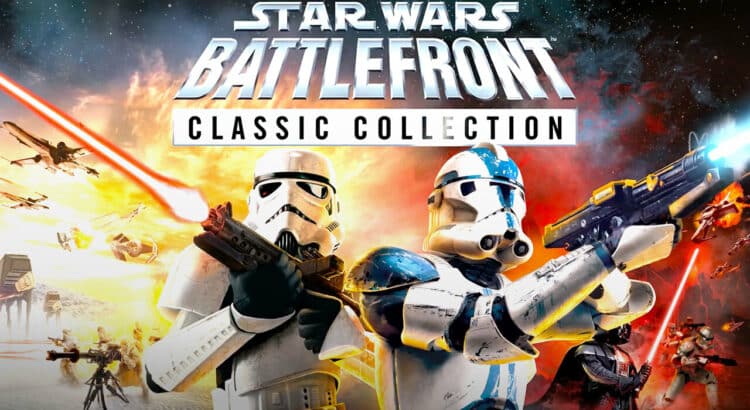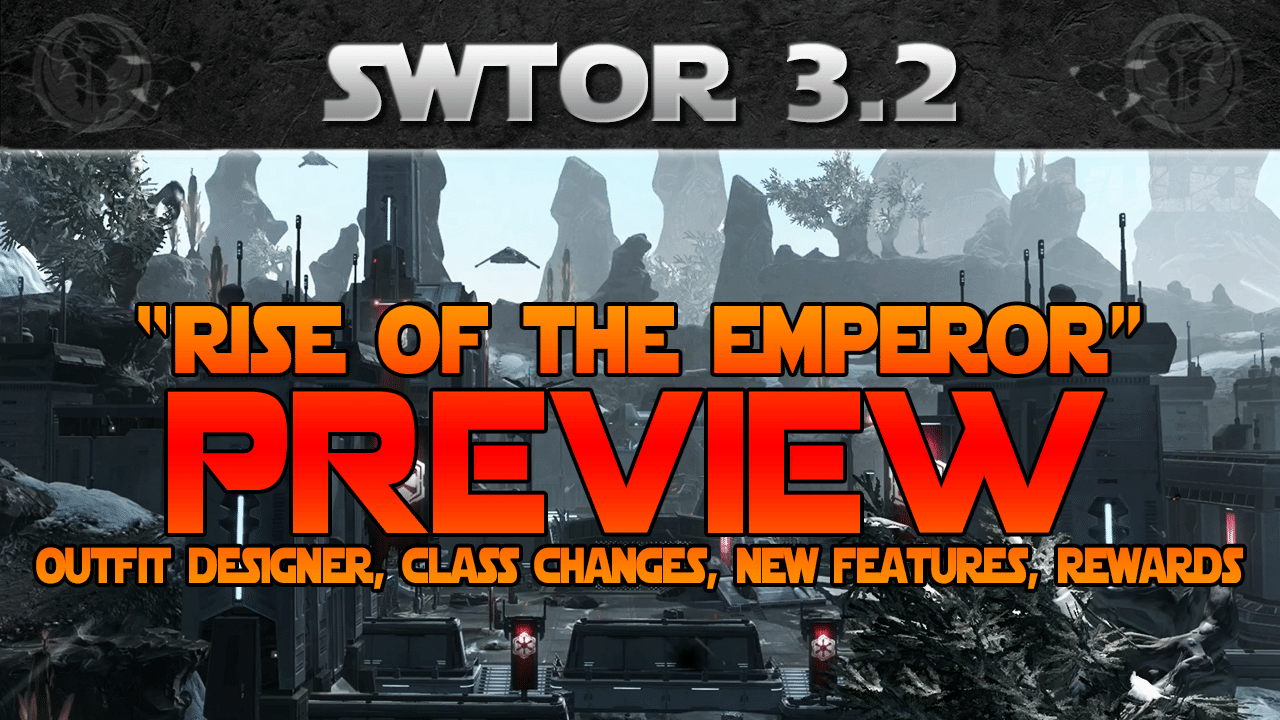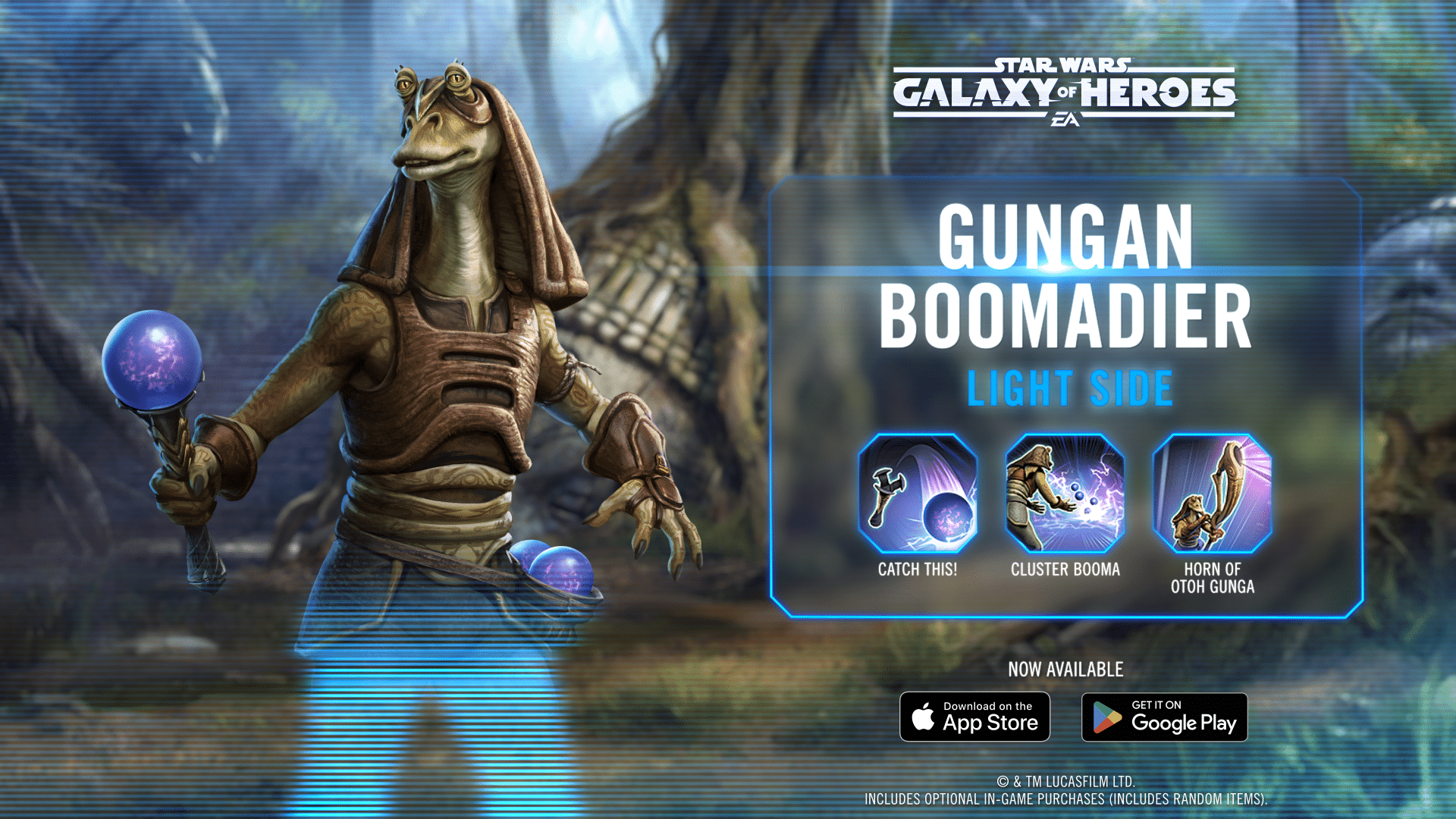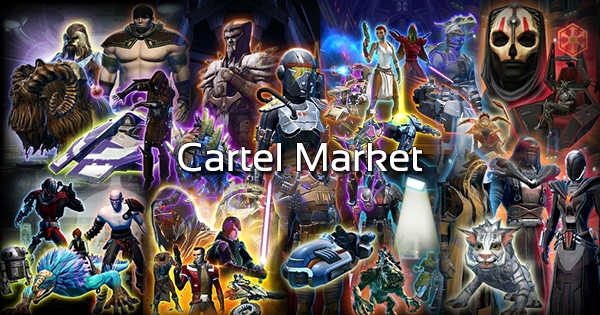The release of the Star Wars: Battlefront Classic Collection has been marred by controversy and dissatisfaction from both players and modders alike. Central to the uproar is the claim from a modder, known as iamashaymin, who alleges that their work was used in both the collection’s debut trailer and the final game itself without proper credit or acknowledgment. This situation has sparked a broader conversation about the ethics of using modders’ work in commercial releases and the importance of community in the gaming industry.
A Modder’s Disappointment
Iamashaymin’s discovery that their mod appeared in the Star Wars: Battlefront Classic Collection without credit has been described as a “gut-punch.” Despite assurances from Aspyr, the developer behind the collection, that the game “does not include any code or content that is taken from uncredited sources,” evidence to the contrary has left the modding community feeling exploited and overlooked. The modder’s frustration is compounded by the game’s rocky release, which was plagued by the need for immediate patches to address issues in these decades-old games.
Technical Troubles and Community Readiness
The Star Wars: Battlefront Classic Collection, which includes the original Star Wars: Battlefront and its sequel along with bonus content, launched on March 14 across multiple platforms. However, players quickly encountered bugs, poor online multiplayer performance, and other technical issues. The modding community, having been “ready the moment [Aspyr] announced the game,” found themselves facing a slew of visual problems and broken mod support, particularly for Battlefront 1.
Modders like iamashaymin, who have historically stepped in to fix such issues, were dismayed to find a “very broken game” at release. The discovery of rushed development signs, such as texture mix-ups and incorrect DLC map textures, only added to the frustration. Moreover, the absence of features from the games’ original releases 20 years ago, like four-screen splitscreen, highlighted the collection’s shortcomings.
Aspyr’s Response and Future Actions
Aspyr has acknowledged some of the online issues, attributing them to “critical errors” with their network infrastructure. The developer has committed to working on increasing network stability and has encouraged players to report any bugs, errors, or unexpected behaviors. However, as of yet, there has been no direct response to the allegations of using uncredited modder work.
The Importance of Crediting Modders
The controversy surrounding the Star Wars: Battlefront Classic Collection underscores the vital role that modders play in the gaming ecosystem. Their contributions often extend the lifespan of games, introduce new features, and fix lingering issues. When commercial entities benefit from this work, it raises ethical questions about compensation and recognition. The situation with iamashaymin and Aspyr serves as a reminder of the need for transparency, respect, and acknowledgment of modders’ contributions to the gaming community.
Conclusion
The release of the Star Wars: Battlefront Classic Collection has brought to light the complex relationship between game developers, publishers, and the modding community. As the industry continues to evolve, finding a balance that respects and rewards the contributions of all parties will be crucial in fostering a healthy, collaborative gaming culture. For now, the saga of the Pirate Patch serves as a cautionary tale about the importance of crediting creative work and the potential consequences of overlooking the passionate individuals who help keep classic games alive and thriving.






